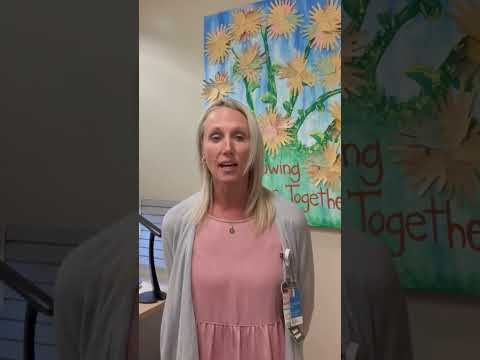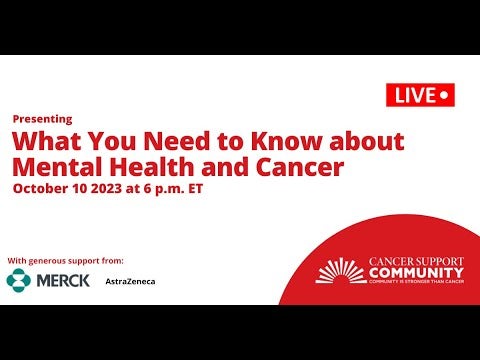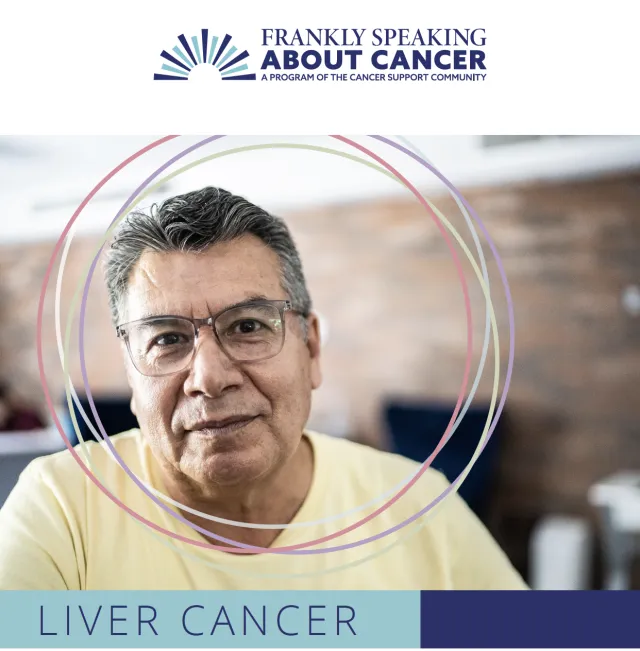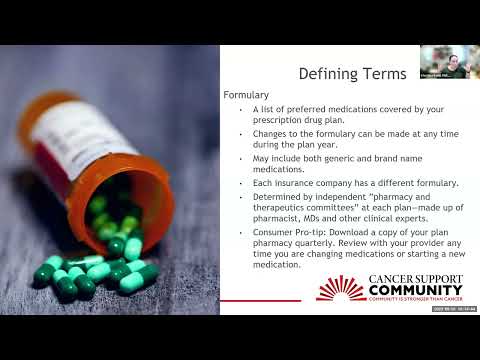

Read
Stigma surrounding liver cancer stems from misconceptions and stereotypes associated with the disease. These negative views can create feelings of shame, guilt, and isolation. In turn, this can make it harder to cope with a liver cancer diagnosis and harder to heal. Here's what you can do to combat stigma and find healing.
Maxine Miller
Maxine Miller is a Coordinator of Policy & Advocacy at Cancer Support Community, advancing from her position as an intern in the Cancer Policy Institute. She is a recent graduate of the University of Wisconsin, Madison where she studied Neurobiology and Public Policy. Maxine deeply resonates with the mission of Cancer Support Community and is passionate about working collaboratively with people and communities to fight for equity and access in healthcare, economics, and society.
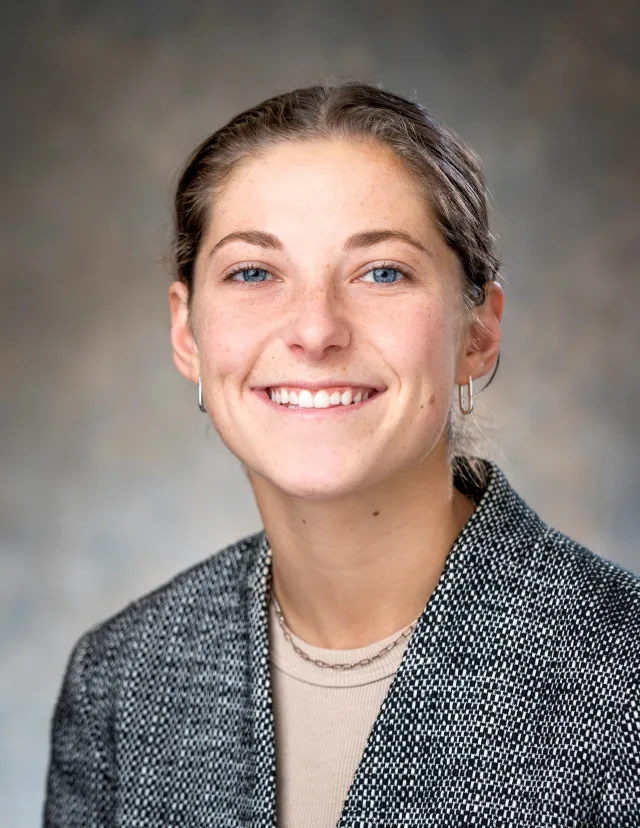
Miller
Coordinator, Policy & Advocacy
